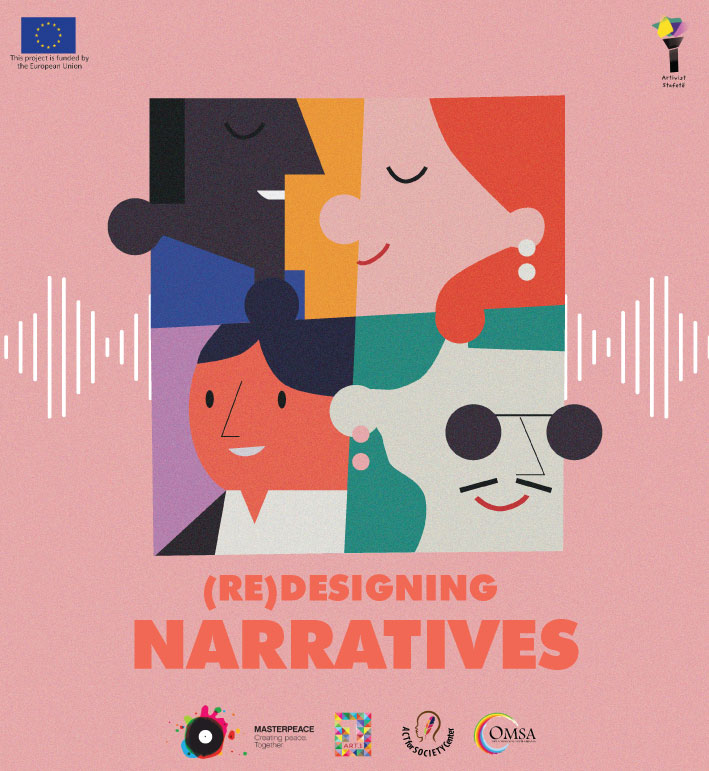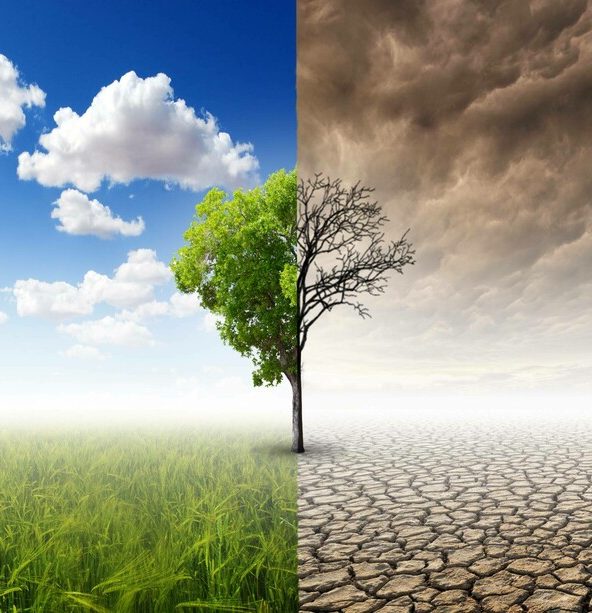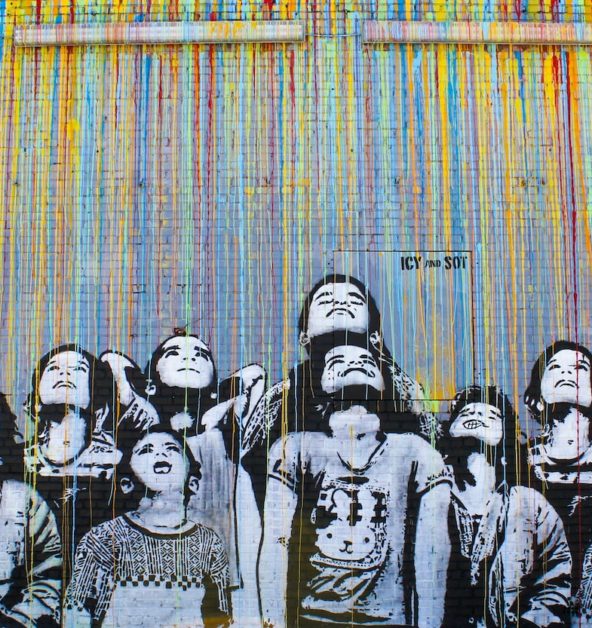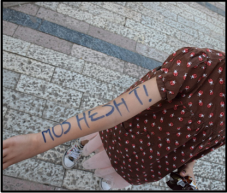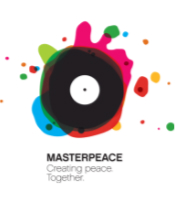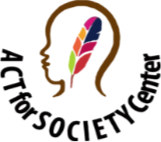Episode 01
“Gender roles, a societal burden”
Undoubtedly, Albania is characterised by a patriarchal social system ingrained deeply in all aspects of private and public life. As the folk expression goes “Kur lindin vajzat qajnë trarët e shtëpisë”, a reflection on how our society views women since birth and the unwavered gender norms that have resisted time. As Haki Stërmilli brilliantly put it “If I were a boy, I would show the whole world that the hand that cradles the crib is the hand that cradles the fate of humanity. But alas, I’m a girl and as such I can not speak out…” reflecting the position that Albanian women held in the 1930s in his book ‘If I were a boy’.
Women are regarded as nurturing, domestic, caring for children, emotional and docile. Quite the opposite, men are regarded as the main breadwinners of the family, dominant, controlling, outspoken, self-reliant, strong, bold, in control of their emotions and successors of the family lineage. But how are these qualities perpetuated early in the family and how do they then unfold later in life, consequently contributing towards upholding traditional gender norms?
Episode 02
“Women in the workforce and the baggage that comes with it”
Existing gender equalities were exacerbated during the pandemic highlighting the increased burden of women’s unpaid care work, aggravated mental health issues as well as the increase of gender based violence. Such inequalities remain a threat to the health and safety of women, and are tightly linked to the position of women in the workforce sector.
Globally women represent 70% of the health and social sector workforce and the main frontline workers in the fight towards combating COVID-19, the global pandemic that seemingly has affected society as a whole and disrupted life as it was.This is a perfect indicator of two main themes:
- The gendered nature of the health workforce;
- In the face of a pandemic women had the heaviest burden and at the same time they were weighed down even more by pre-existing issues.
EPISODE 03
“Transgender and the muted struggles”
For the most part, it is not surprising to hear that transgender issues are fairly new given the context of Albania but not only. The LGBTIQ+ community remains unseen and unheard in most areas of private and public life. The general public opinion towards the community remains negative accompanied with a hostile attitude. The harmful effects of such stances are then translated into the opportunities and public policies aimed at LGBTIQ+ persons. Hardship is felt within the education system, employment, housing, healthcare system, police, the media approach, family issues, freedom of expression and data availability among many other areas of concern.


Fokuset e angazhimit të saj si aktiviste në progres janë Objektivat e Zhvillimit të Qëndrueshëm dhe të drejtat e njeriut ku në veçanti është e apasionuar ndaj çështjeve gjinore në të cilin synon të vazhdojë kontributin e saj në të ardhmen.

